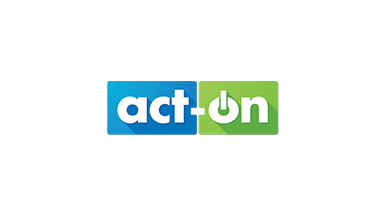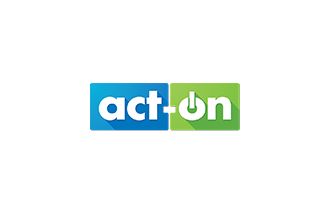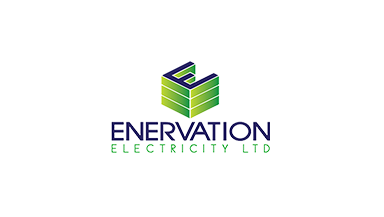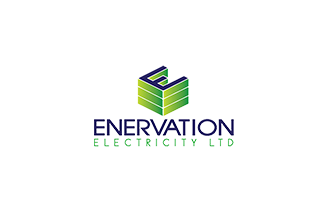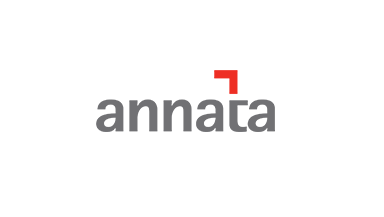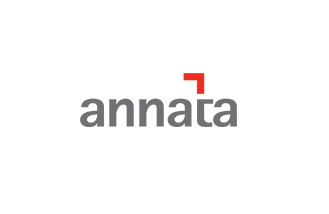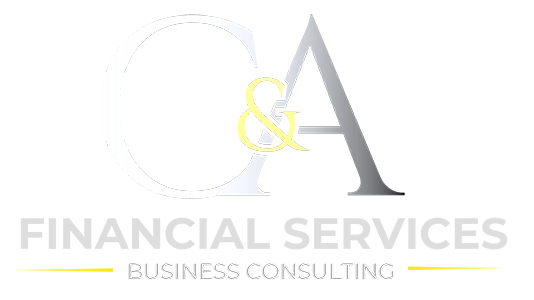An In-Depth Guide by C&A Financial Services
Comprehensive Tax Strategies for Individuals
Keeping up with the evolving tax landscape requires a comprehensive approach. According to statistics, an average American dedicates over 8 hours annually to tax-related activities. This underscores the significance of sound tax planning. In this era of dynamic tax code, changes occur approximately once every three days. Individuals are increasingly turning to experts and dedicated tax consultants for sophisticated strategies. This can optimize their financial standing and minimize tax liabilities.
C&A Financial Services specializes in tailoring tax strategies for individuals. This comprehensive guide delves into advanced tax planning techniques and sheds light on how individuals can leverage strategic approaches. It helps to follow tax regulations and align their financial decisions with long-term goals. By implementing these strategies, individuals can minimize their tax burden and strategically position themselves for a secure and prosperous financial future.
With our expert guidance, you’ll gain valuable insights into maximizing deductions, understanding credits, and taking advantage of effective tax strategies. Our goal is to empower you with the knowledge and tools you need to make informed financial decisions that lead to a brighter tomorrow.
Don’t leave your financial future to chance! Reach out to C&A Financial Services to learn more about our personalized tax strategies and other financial services. Take the first step toward optimizing your financial health and achieving your long-term goals!

Financial Guides
Understanding Tax Planning
A. Definition and Importance
Tax planning is the strategic organization of financial affairs to cut tax liability legally. C&A Financial Services emphasizes proactive tax planning. This allows individuals to capitalize on available tax breaks and incentives while aligning their financial decisions with long-term goals.
B. Key Considerations
1. Income Tax: Analyzing different sources of income and optimizing strategies to reduce taxable income.
2. Deductions and Credits: Identifying eligible deductions and tax credits to maximize tax savings.
3. Investment Planning: Strategically managing investments to minimize capital gains tax and optimize returns.
4. Retirement Planning: Utilizing tax-advantaged retirement accounts and planning withdrawals for tax efficiency.
Leveraging Tax Credits and Deductions
A. Education Credits
1. C&A Financial Services recommends exploring education credits. These include the American Opportunity Credit and the Lifetime Learning Credit to offset qualified education expenses.
2. Tax consultants can guide individuals on the eligibility criteria and documentation requirements for claiming these credits.
B. Homeownership Deductions
1. Mortgage Interest Deduction: Understanding the benefits of deducting mortgage interest payments on qualified residences.
2. Property Tax Deduction: Leveraging deductions on property taxes paid to state and local governments.
C. Medical Expense Deductions
1. Highlighting the threshold for deductible medical expenses and strategies for maximizing deductions.
2. Utilizing Health Savings Accounts (HSAs) and Flexible Spending Accounts (FSAs) for tax-advantaged medical savings.
Advanced Strategies for High-Income Individuals
A. Tax-Efficient Investing
1. C&A Financial Services emphasizes the significance of tax-efficient investment portfolios. We consider factors such as asset location and tax-loss harvesting.
2. Utilizing tax-advantaged accounts like Roth IRAs and 401(k)s. It helps to minimize tax implications on investment gains.
B. Estate Planning
1. Implementing strategic estate planning techniques to minimize estate taxes and facilitate the easy transfer of assets.
2. Gifting strategies can be optimized for tax efficiency. It includes the annual gift tax exclusion and lifetime gift tax exemption.
Retirement Planning Strategies
A. Traditional vs. Roth Contributions
1. C&A Financial Services recommends assessing individual circumstances. This is to determine whether Traditional or Roth contributions are more advantageous.
2. Exploring Roth conversion strategies to manage tax liability in retirement.
B. Required Minimum Distributions (RMDs)
1. Plan for RMDs and optimize withdrawal strategies to minimize tax impact.
2. Charitable contributions from retirement accounts as a tax-efficient strategy.
C&A Financial Services and Tax Consultants: Expert Guidance
A. Role of C&A Financial Services
1. Tailoring tax strategies to align with individual financial goals and unique circumstances.
2. Staying abreast of changing tax laws and incorporating the latest tax-saving opportunities into clients’ financial plans.
B. Importance of Tax Consultants
1. Leveraging the expertise of tax consultants to navigate complex tax codes and regulations.
2. Conduct regular tax checkups to identify evolving opportunities and address potential challenges.
Compliance and Risk Management
A. Tax Compliance
1. Emphasizing the importance of timely and accurate tax filings to avoid penalties and audits.
2. C&A Financial Services recommends maintaining meticulous records and documentation for all financial transactions.
B. Risk Management
1. Assessing potential risks related to tax positions and implementing strategies to mitigate risks.
2. Utilize tax consultants to conduct risk assessments and provide expert advice on minimizing tax-related risks.
Empower Your Future With Financial Services
Individuals seeking to optimize their financial position and minimize tax liabilities should employ a comprehensive and proactive tax planning approach. The expertise of financial companies like C&A Financial Services can guide them to craft strategies for individuals.
By leveraging available tax credits and deductions, implementing advanced strategies for high-income individuals, and seeking expert advice, individuals can achieve greater tax efficiency and secure a stronger financial future. Stay informed, stay proactive, and partner with our financial experts to navigate the intricate landscape of tax planning successfully.
Frequently Asked Questions
What is the significance of tax planning, and how can C&A Financial Services assist?
Tax planning is crucial for reducing tax liabilities. C&A Financial Services specializes in tailoring strategies to align financial decisions with long-term goals. Our experts assess income sources, deductions, and credits to optimize tax efficiency. This ensures clients benefit from available incentives while staying compliant.
How can individuals leverage education credits, and what role do tax consultants play?
Individuals can explore education credits like the American Opportunity Credit. C&A Financial Services emphasizes the importance of understanding eligibility criteria. We also recommend documentation required for claiming credits to offset qualified education expenses.
What are tax-efficient investment portfolios, and why are they essential for high-income individuals?
Tax-efficient investment portfolios optimize asset location and utilize strategies like tax-loss harvesting. For high-income individuals, these portfolios minimize capital gains tax and leverage tax-advantaged accounts. These include Roth IRAs and 401(k)s to enhance overall tax efficiency and returns.
How does estate planning contribute to tax minimization, and what are vital gifting strategies?
Estate planning minimizes estate taxes and facilitates smooth asset transfers. Key gifting strategies are optimized for tax efficiency. These include the annual gift tax exclusion and lifetime gift tax exemption. It allows individuals to manage their estate in a tax-advantageous manner proactively.
What considerations should be made regarding Traditional vs. Roth contributions in retirement planning?
C&A Financial Services advises individuals to assess their circumstances when deciding between Traditional and Roth contributions. Exploring Roth conversion strategies becomes crucial for managing tax liability in retirement effectively. It ensures individuals make informed decisions aligned with their financial goals.
How can individuals optimize Required Minimum Distributions (RMDs) and engage in tax-efficient charitable contributions from retirement accounts?
Planning for RMDs involves optimizing withdrawal strategies to minimize tax impact. Charitable contributions from retirement accounts further enhance tax efficiency. It provides individuals with an avenue to support causes while benefiting from tax advantages.
What role does compliance play in tax planning, and how can risk be managed effectively?
Timely and accurate tax filings are crucial for compliance, as emphasized by C&A Financial Services. Meticulous record-keeping is recommended to avoid penalties and audits. Tax consultants play a vital role in risk management. They conduct assessments and offer expert advice to mitigate potential risks associated with tax positions.
